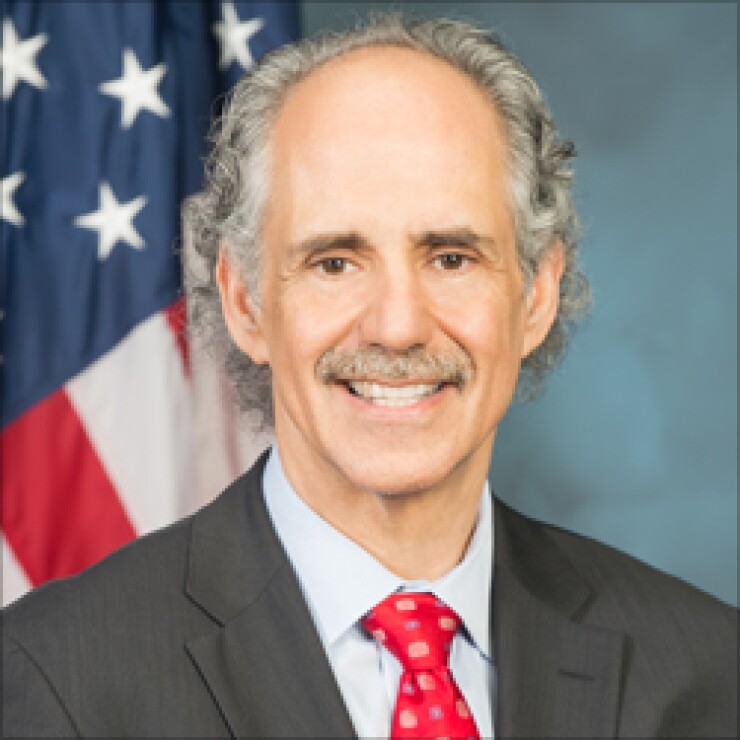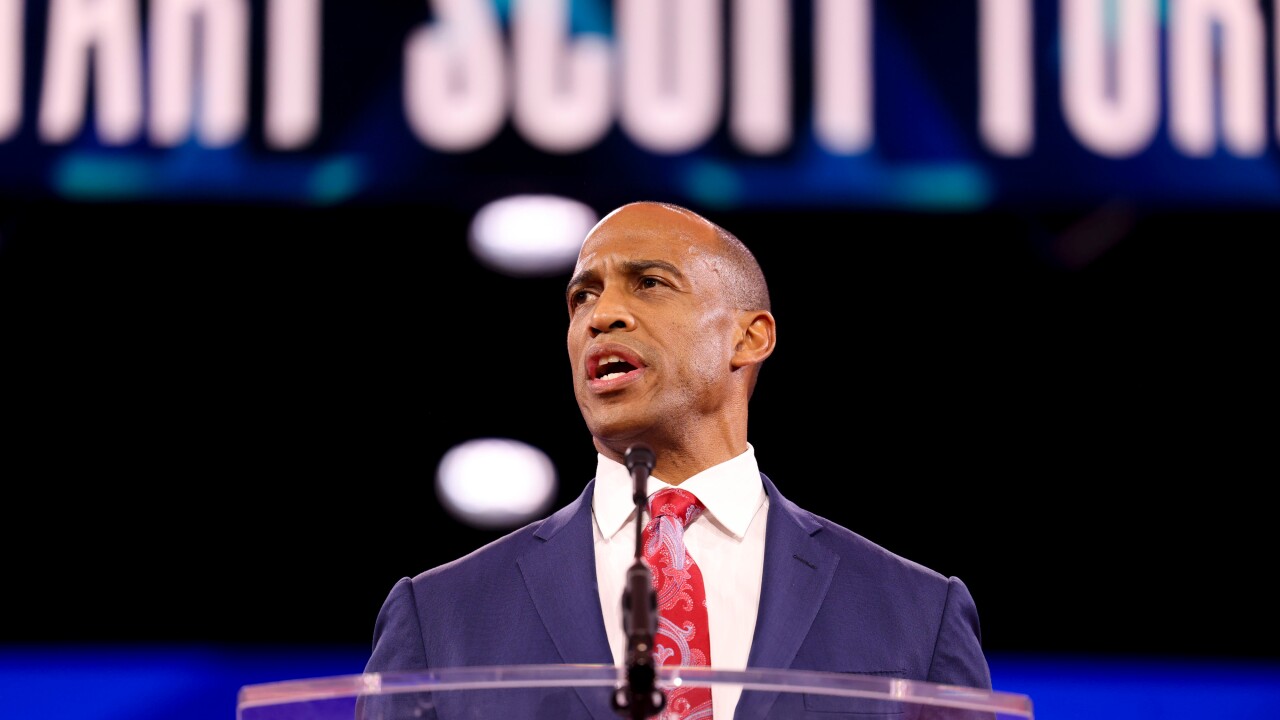
WASHINGTON -- The Federal Housing Administration is expected to rebuff a government watchdog report that criticized down payment assistance programs, questioning why low-income borrowers are charged nominally higher mortgage rates for such programs.
The Department of Housing and Urban Development's Office of Inspector General took issue
The watchdog alleged that NOVA Financial & Investment, a Tucson, Ariz.-based mortgage lender, violated HUD rules by charging borrowers nominally higher mortgage rates in return for assistance. It also alleged the lender failed to conduct due diligence on the non-profit government housing finance agencies that administer the down payment assistance programs and wants the lender to indemnify up to $48.5 million, depending on defaults, for 709 loans.
"The gifts were not true gifts as defined by HUD," the report said. "To be considered a gift there must be no expected or implied repayment of the funds to the donor by the borrower."
NOVA's attorney denies the allegations and claims the housing finance agencies that run the program set the interest rate.
But the report has raised concerns among mortgage lenders, who fear they may have to indemnify FHA for past loans, which could force many firms to go out of business.
Meanwhile, housing finance agencies, which are state or locally-chartered authorities created by governments to help meet affordable housing needs, fear their programs will be restructured or potentially eliminated altogether even though their business models have been in place and approved by HUD for more than 20 years.
"This dispute has created a lot of uncertainty around these programs and each lender is going to have to make their own assessment as to the risk of continuing to participate in these programs," said Pete Mills, a senior vice president at the Mortgage Bankers Association.
An FHA official speaking on condition of anonymity sought to allay those concerns, saying the agency will reiterate that down payment assistance programs from housing finance agencies do not violate HUD rules.
The agency is likely to point to a
"I think some lenders will take comfort in the fact that the (HUD) program office is going to fight it. But others may be more conservative and will wait to see what happens," Mills said.
Edward Golding, head of the FHA, has already responded in general to the report without getting into the specifics of premium pricing.
"The intent of our rules regarding down payment assistance programs is clear and allows HFAs the discretion necessary to fund these programs appropriately," Golding wrote in a July 20 memo to FHA lenders. "HUD is taking active steps to completely resolve the issues raised by the audit and to provide proper clarity and guidance to the market."
The HUD inspector general, which operates as an independent agency that answers to Congress, declined to comment.
If the dispute between FHA officials and HUD Inspector General David Montoya cannot be resolved in a few weeks, it will be left to HUD Deputy Secretary Nani Coloretti to decide which position prevails.
The main crux of the inspector' general's report is that down payment assistance programs have a "circular funding mechanism." Low-income borrowers who receive a down payment from a housing finance agency essentially end up repaying the down payment through higher mortgage rates, a violation of HUD policy, according to the report.
The higher mortgage rate charged to the borrower is nominal, at roughly one-eighth to one-quarter above prevailing mortgage rates, or roughly $12 to $25 more per month in the mortgage payment. But a portion of the revenue generated from the higher rate gets funneled back to the housing finance agency to fund more down payment assistance.
The lack of a down payment is the single biggest hurdle for people of modest means to buy a home, said Barbara Thompson, the executive director of the National Council of State Housing Agencies, a trade group for 54 state HFAs.
"Down payment assistance is absolutely core to our agencies' homeownership financing work," Thompson said. "There is a lot of confusion around the IG's report, what it really means, what practices it applies to and premium pricing."
Down payment assistance is controversial mainly because of disastrous seller-funded down payment programs that Congress banned in 2008 after massive FHA delinquencies and an estimated $16 billion in losses.
Housing finance agencies have become the main providers of down payment assistance programs since that time. (The seller-funded down payment assistance programs that are still insured by the FHA have delinquency rates of 30%.)
But making homeownership affordable to underserved low and moderate-income borrowers is a critical part of FHA's mission.
Roughly 20,000 low- and moderate-income borrowers receive some form of down payment assistance a year, but that represents less than 4% of the roughly 595,000 home purchases insured by FHA last year.
It is unclear if HUD will require changes to housing finance agencies, which vary widely and have crafted hundreds of housing programs.
Mortgage lenders generally originate the down payment assistance loans because they help meet the needs of the community, and are helpful to Realtors, who are seeking a wide range of loan programs to help borrowers of all incomes.
In Maricopa County, Ariz., the local housing agency will provide up to 5% of a loan's amount in down payment assistance, or up to $15,000, which includes closing costs. The loans are fully underwritten by the HFAs and borrowers go through credit counseling.
"Many consumers are constrained in providing closing costs so the down payment gift provides 3.5% for an FHA down payment plus a little more for closing costs," said Jason Boehlert, the executive director of the National Association of Local Housing Finance Agencies, which represents 100 local HFAs.
NOVA's attorney, Ali Farhang, of the Tucson law firm Farhang & Medcoff, said the report "contradicts clear and binding HUD guidance related to HFA down payment assistance programs and is completely inconsistent with HUD practice in this area."
U.S. Bancorp, which acted as the master servicer of the NOVA loans by packaging them into Ginnie Mae securities, declined to comment. The bank continues to buy similar loans from NOVA, Farhang said.
The inspector general began looking at down payment assistance programs after a referral from HUD, which investigated a different lender. The watchdog currently is investigating other lenders in addition to NOVA.
With interest rates at record lows, the HFAs have come to rely on selling Ginnie Mae mortgage-backed securities rather than funding the loans through tax-exempt bonds.
"Having a program that recognizes the flexibility of these programs while balancing consumer protections is important," Boehlert said.





